
“Those who are astonished by the simplicity of the solution are urged to meditate on the wonders of hindsight." — (Ulanowich, 1995)
”… and so we have science, to deduce about the gargantuan what we, with our infinitesimal faculties, will never sense." — (Scott Aaronson)
Welcome 🌍
My name is Johannes Nauta, and I am currently a postdoctoral researcher studying networks and complex systems at the Dept. of Physics of the University of Padova in Italy.
Current research
My work aims to unravel how local (microscopic) feedback mechanisms influence global (meso- and macroscopic) dynamics of (meta)populations. More specifically, I am developing general multi-scale models that define ecological reaction-diffusion systems on networks. These models show that long-term stability can emerge from local interactions, both between competing species (reaction) and between the nodes (diffusion).
My trajectory
After obtaining my bachelor and master degrees in Nijmegen, The Netherlands, I moved to Ghent, Belgium to do my Ph.D. Early 2022, I finished my Ph.D. thesis on computational models of optimal foraging patterns. I studied the effects of intra- and interspecific interactions of foragers and focused on how the characteristics of the interaction graph influences (group-) optimal foraging behavior. I additionally studied the influence of the spatial distribution of resources on the short-term foraging efficiency and the long-term population dynamics. The latter research is in line with my current interests in ecosystem stability and function. I am currently pursuing an interdisciplinary approach on the edges of ecology, microbiology, and statistical physics, in order to unravel the mysteries behind ecosystem function. More specifically, I would like to understand the mechanisms that facilitate long-term stability of ecosystems with many constituents.
For more information on my research interests, please see ~/research.
Current position (as of January 1st, 2023)
Postdoctoral researcher, Dept. of Physics, University of Padova, Italy.
Member of the CoMuNe Lab research group, lead by Manlio De Domenico.
For more information on the other members of my lab, please check out the short bio’s of my colleagues.
Interests
- Complex systems
- Population dynamics
- Random matrix theory
- System stability
Suggested reads
The suggestions below are works that I personally find particularly interesting.
They do not contain any personal work of which I am the first author.
For a list of my personal publications, please see ~/publications.
P.L. Wennekes et al. (2012). "The neutral-niche debate: a philosophical perspective". Acta Biotheoretica, 60.
⤷ Philosophical perspective on the debate between niche- and dispersal-assembly. Additionally contains very interesting section on instrumentism vs. realism.M. Rietkerk et al. (2021). "Evasion of tipping in complex systems through spatial pattern formation". Science, 374(6564).
⤷ Very interesting work on how spatial pattern formation (such as Turing patterns) might aid complex systems to avoid tipping.Vitali, A. et al. (2022). "Invasive species modulate the structure and stability of a multilayer mutualistic network". bioRxiv.⤷ A. Vitali and colleagues study how an invasive species can disrupt a multilayer network that contains a specific keystone interaction. They show that the invasive species reduces the connectivity between the species present in the keystone interaction and thereby increases disturbance propagation and reducing network robustness.
Updates
- 2023/06/19 Research
- 2023/03/24 Contact information
- 2023/01/29 Stable communities
- 2023/01/11 Publications
- 2022/09/01 Curriculum Vitae
- 2022/03/24 Multilayer networks